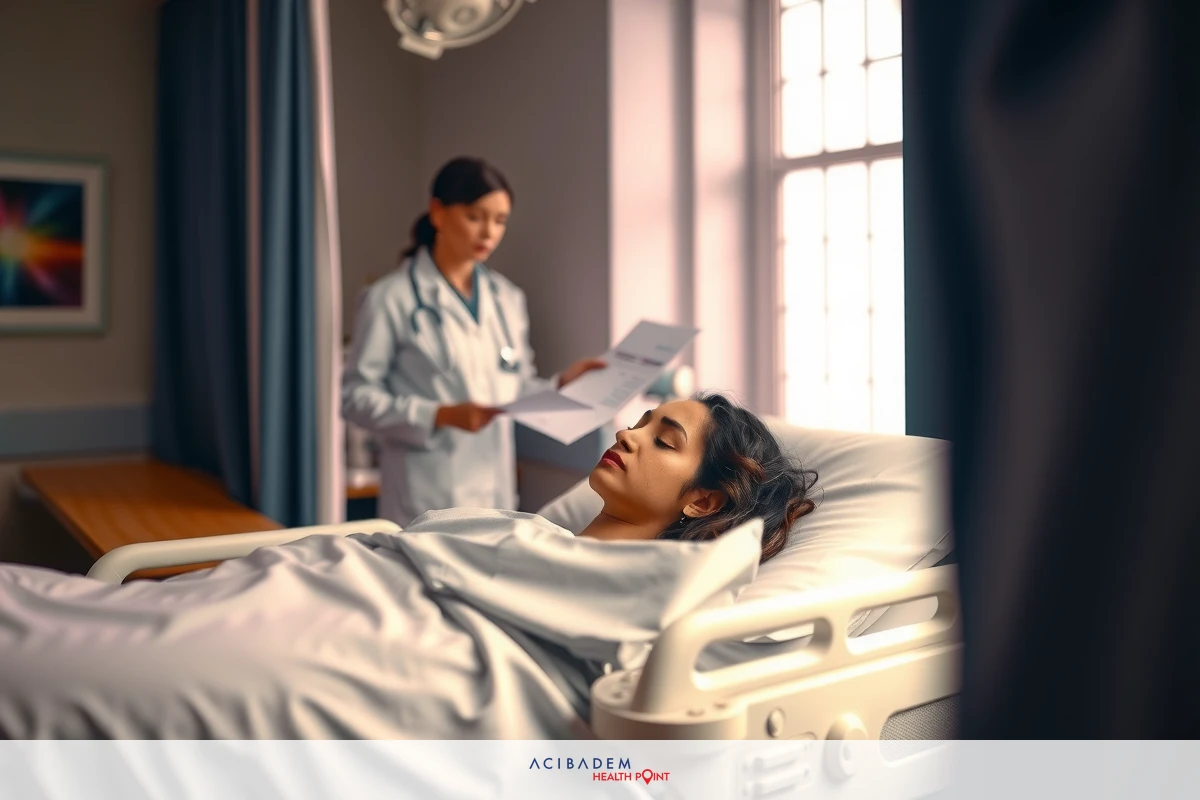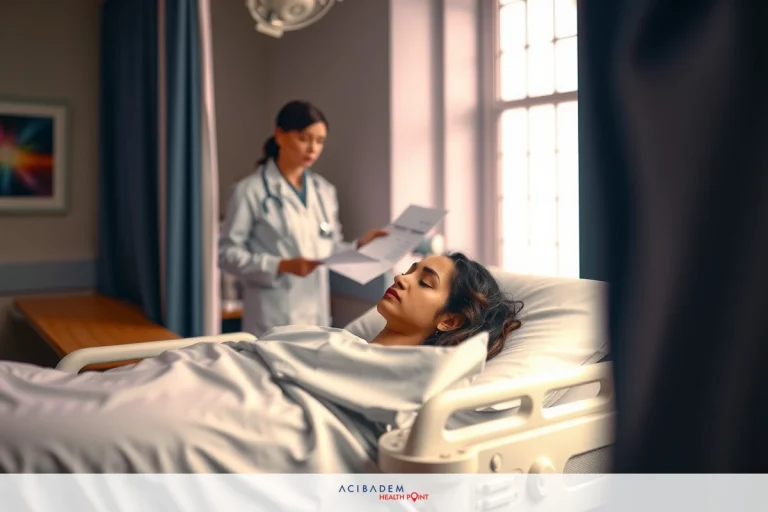How Much for Rhinoplasty in Indiana
How Much for Rhinoplasty in Indiana Rhinoplasty carries a cost influenced by various factors. In Indiana, this cost can fluctuate considerably depending on aspects such as surgeon’s fees, facility charges, and anesthesia costs. There may also be additional expenses if other procedures are necessary.
Insurance coverage for rhinoplasty brings another layer of complexity to understanding your potential out-of-pocket costs. Policies differ greatly and it’s crucial to engage directly with your insurance provider for precise details on what they cover.
Choosing the right surgeon plays an integral role not only in the success of the operation but also impacts its overall expense. Identifying surgeons with relevant experience and appropriate credentials should be considered alongside cost during your decision-making process.
Factors Affecting Rhinoplasty Costs
One significant component that shapes the cost of rhinoplasty in Indiana is the surgeon’s fees. These rates can vary widely, depending heavily on the surgeon’s level of experience and expertise. Renowned surgeons who have made a name for themselves in the field may charge more than their less established counterparts. However, higher fees often equate to greater assurance of quality results, as these professionals bring vast amounts of knowledge and precision to their work. The total cost of treatment generally ranges between $5,000 to $12,000, encompassing not only the surgeon’s fees but also other associated expenses such as anesthesia, facility fees, and post-operative care.
Another key element influencing rhinoplasty costs are facility fees. Essentially, these are charges related to utilizing a medical facility’s space and equipment during your procedure. Depending on where you choose to have your surgery performed – be it an outpatient surgical center or a hospital operating room – these costs can differ significantly. The complexity and duration of your specific procedure will also impact this fee.
The third major factor affecting rhinoplasty costs is anesthesia-related expenses. Anesthesia ensures you remain comfortable throughout your procedure; however, its administration comes at a price. Typically overseen by an anesthesiologist or nurse anesthetist, this aspect adds another layer to overall procedural costs due to professional service charges along with medication expenses.
If additional procedures become necessary alongside rhinoplasty such as septum straightening or sinus surgery expect overall pricing estimates to increase accordingly due to extra time spent under anesthesia and further utilization of facilities and staff resources.
These myriad factors all contribute towards the final bill for undergoing rhinoplasty in Indiana; thus understanding them helps paint a clearer picture about what one might expect when considering this life-changing decision.
Insurance Coverage for Rhinoplasty
Navigating the realm of insurance coverage for rhinoplasty in Indiana can be quite a complex process. Numerous factors come into play when it comes to understanding if and how much of your procedure will be covered by insurance. One crucial determinant hinges on whether the surgery is classified as cosmetic or medically necessary.
In most cases, insurance companies categorize rhinoplasty as a cosmetic procedure, which usually means that they do not cover any associated costs. However, there are instances where this surgery might be deemed medically necessary – such as when it

is required to correct breathing issues caused by structural abnormalities within the nose or following trauma injuries. In these scenarios, insurers may provide coverage subject to specific criteria being met.
To establish if you qualify under their stipulated criteria, careful consultation with your insurer is imperative before proceeding with the operation. This conversation should clarify what costs they may cover – like surgeon’s fees and facility charges – and those they won’t, enabling you to better grasp potential out-of-pocket expenses from both an overall procedural standpoint and individual cost elements.
Remember also that each insurance company has its own unique policies regarding coverage for procedures like rhinoplasty; hence no two insurers’ approach will mirror precisely. Understanding exactly how your specific plan works in relation to covering surgical procedures can save substantial confusion later down the line.
Ensuring clarity on every detail about what your policy covers empowers you with knowledge essential for navigating through this intricate journey towards achieving desired aesthetic improvements or resolving health concerns via rhinoplasty in Indiana.
Choosing a Qualified Surgeon
When considering rhinoplasty in Indiana, the choice of your surgeon is paramount. An experienced and qualified surgeon not only ensures safe and successful surgery but also significantly influences both the aesthetic result and functional outcome. Their skill level can affect how natural your nose looks post-surgery, how well you breathe and even influence recovery times.
The first step in identifying such a professional involves examining their credentials meticulously. Board certification from recognized institutions like The American Board of Plastic Surgery or American Board of Facial Plastic and Reconstructive Surgery is crucial as it confirms that they have undergone extensive specialized training beyond medical school.
Experience too plays an invaluable role when selecting a suitable surgeon for rhinoplasty; specifically, look for surgeons who have performed numerous similar procedures over many years. Such professionals are likely to be adept at handling various scenarios during surgery due to their exposure to diverse patient cases throughout their career.
A consultation presents another opportunity to assess potential candidates before making your selection. This interaction allows you to gauge if you feel comfortable with them personally – an important factor given this individual will be responsible for performing what could be life-altering alterations on one’s face.
During these consultations, don’t hesitate to ask pointed questions about their experience with rhinoplasty procedures, success rates, complication instances or anything else that might concern you regarding the procedure itself or post-operative care elements. You should leave feeling assured that they understand precisely what changes you desire from the operation while possessing all necessary skills required for delivering those outcomes successfully.
In conclusion, whether your motives behind contemplating rhinoplasty in Indiana are cosmetic alterations or resolving health issues impacting day-to-day quality of life aspects; remember that selecting an appropriately qualified and sufficiently seasoned professional increases chances exponentially towards achieving desired results while managing overall costs effectively.
How Much for Rhinoplasty in Indiana: Frequently Asked Questions
What is the average cost of rhinoplasty in Indiana?
The cost of rhinoplasty can vary widely, depending on several factors like surgeon's fees, anesthesia costs, and facility fees. It's advisable to consult with multiple surgeons for a comprehensive understanding of potential expenses.
Will my insurance cover the cost of rhinoplasty?
Insurance coverage varies greatly from one company to another. Typically, if the surgery is considered cosmetic rather than medically necessary, it may not be covered. Consult your insurance provider directly for specific details about your plans coverage.
How can I find a qualified surgeon?
Look for a board-certified professional who specializes in facial procedures or plastic surgery. Consider their experience level - specifically with rhinoplasty - and take note of their success rates and patient testimonials.
What should I ask during my consultation?
Ask about the surgeons expertise in performing rhinoplasties and how many they've performed till date. Inquire about risks involved, recovery times expected post-procedure along with any other concerns you might hold regarding pre-operative preparations or post-surgical care aspects.











